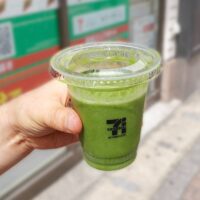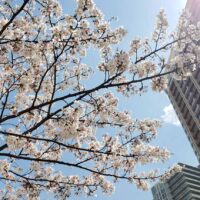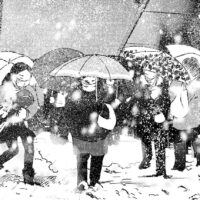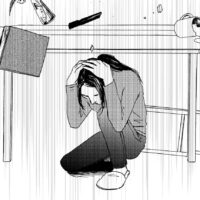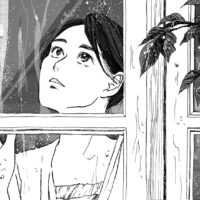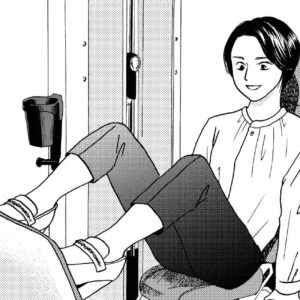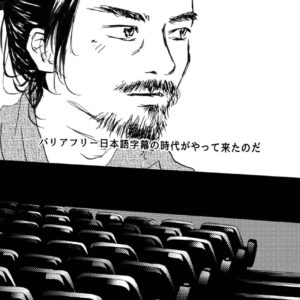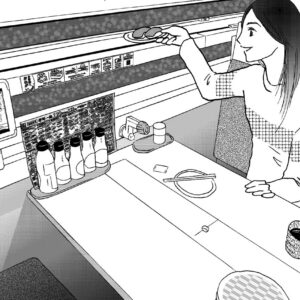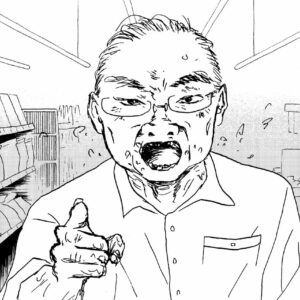Summer Vacation! Are you planning to come to Japan? But consider carefully. Summer in Japan is so hot that people literally die!
More than 1,000 people die from heat stroke every year in Japan. Heat stroke is a condition that causes dizziness, lethargy, nausea, and vomiting when the body temperature rises in a hot and humid environment and the body’s water and salt balance is disrupted, resulting in the inability to regulate body temperature. I used the word “condition,” but the Japanese nowadays share a sense of crisis that “heat stroke is a deadly disease.”
The government has set a goal of halving the annual number of deaths due to heat stroke by 2030. The main target of protection is the elderly. This is because more than half of all emergency medical evacuations due to it are for them. Interestingly, more than 30% of heat stroke cases occur in houses. Because they hesitate to use air conditioners. They think using it is a “luxury” and want to “save money on electricity”. Some people believe that “using air conditioners is bad for the body.” It was not as hot in the past as it is now, so people didn’t use air conditioners as much in the summer. In addition, the elderly have reduced skin sensation and organ function due to aging, making it difficult for them to feel heat, and they may not notice a rise in room temperature or dehydration.
When the risk of heat stroke is expected to be extremely high, the Ministry of the Environment and the Japan Meteorological Agency will issue a “Heat Stroke Alert” at 5:00 a.m. and p.m. daily. In this case, it is recommended to “avoid unnecessary outdoor activities and stay home in a cool room,” as the heat is expected to be dangerous to life. You stop exercising outside or inside without air conditioning, and you make sure to drink water frequently. It is also important to ask the elderly, children, and those with chronic illnesses how they are doing. This alert was issued 10 times in Tokyo, 20 times in Kyoto, 40 times in Kyushu and Shikoku, and about 50 times in Okinawa during the two months from the end of June to August last year.
In June of this year, Kao asked 150 foreign residents in Japan about the Japanese summer. 70% said it was hotter than in their home countries. Respondents to the survey were from North America, Latin America, Europe, Asia, Oceania, the Middle East, and Africa, all of which live in Tokyo. Even those from the Middle East and Africa, who have an image of hot weather, commented that it is unbearably hot.
Temperatures are expected to approach 40 degrees Celsius on the 16th and 17th. When spending the summer in Japan, pay attention to the weather forecast, take a parasol or hat when going out, and use cool facilities. You also need to make sure you have emergency contact information. Incidentally, please be aware that Kyoto, the most popular city among foreigners, is also “the hottest place in Japan in summer,” with the highest annual number of days with temperatures over 35 degrees Celsius due to its topography.





